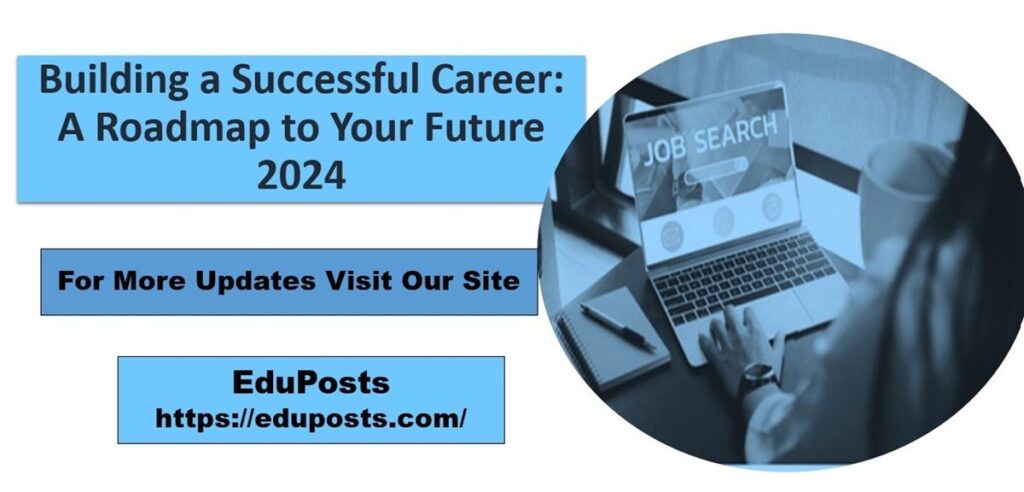A Building a Successful Career is more than just a job it’s a journey of professional growth and personal fulfillment. It involves choosing, preparing for, and advancing in a specific field that aligns with your skills, interests, and goals.
This guide will help you understand the key steps to building a rewarding career, no matter where you start. Building a Successful Career

1. Understanding Your Career Goals
a. Self-Assessment: Knowing Yourself
The first step is Building a Successful Career introspection. Ask yourself:
- What are my interests?
- What skills do I excel at?
- What kind of lifestyle do I want?
b. Defining Short-Term and Long-Term Goals
- Short-term goals: Tasks or milestones to achieve within a year or two, like learning a new skill.
- Long-term goals: Your ultimate career aspirations, such as becoming a manager or starting your own business. Building a Successful Career
2. Exploring Career Options
a. Researching Industries and Roles
Explore fields that match your interests. Learn about:
- Job descriptions
- Required qualifications
- Work environment
- Average salaries
b. Networking
Talk to professionals in your desired field Building a Successful Career . Networking can:
- Provide insider knowledge
- Open doors to opportunities
- Help you gain mentorship
3. Acquiring the Right Skills
a. Education and Training
- Pursue formal education (degrees, certifications) relevant to your career.
- Attend workshops, seminars, and online courses. Building a Successful Career
b. Soft Skills Matter
Employers value communication, teamwork, Building a Successful Career and problem-solving. Focus on:
- Building emotional intelligence
- Improving interpersonal skills
4. Building a Strong Resume
a. Showcasing Your Achievements
Highlight:
- Educational qualifications
- Work experience
- Key accomplishments
b. Tailoring for Each Job
Customize your resume for each role you apply for. Use keywords from the job description to stand out.
5. Gaining Practical Experience
a. Internships and Volunteering
Start with internships or volunteer opportunities to:
- Gain hands-on experience
- Build your professional network
b. Freelancing
Consider freelance work to develop your portfolio and showcase your abilities.
6. Navigating the Job Market
a. Job Search Strategies
- Use job portals like LinkedIn, Indeed, or local platforms.
- Leverage social media to connect with potential employers.
b. Acing the Interview
Prepare by:
- Researching the company
- Practicing common interview questions
- Dressing professionally and being confident
7. Growing in Your Career
a. Continuous Learning
Stay relevant by updating your skills. Consider:
- Enrolling in advanced courses
- Reading industry-related books or articles
b. Seeking Promotions
Be proactive in:
- Taking on challenging tasks
- Communicating your achievements to supervisors
c. Adapting to Change
The job market evolves. Stay open to new technologies, roles, and industries.
8. Achieving Work-Life Balance
a. Prioritize Your Well-being
- Take breaks to avoid burnout.
- Maintain hobbies and spend time with loved ones.
b. Set Boundaries
Ensure that work doesn’t overshadow your personal life. This helps sustain long-term career satisfaction.
9. Overcoming Challenges
a. Dealing with Rejections
Rejection is part of the journey. Learn from feedback and refine your approach.
b. Staying Motivated
Celebrate small wins and keep your eyes on the bigger picture.
Conclusion: The Journey is Yours
Building a career is a lifelong journey that requires planning, persistence, and passion. By understanding your goals, acquiring the right skills, and staying adaptable, you can create a career path that is both fulfilling and successful. Remember, every step forward counts!
Take the first step today your future self will thank you.